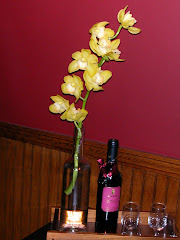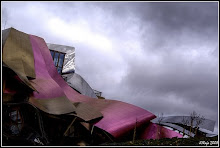
As an Emperor, Napoleon never attached much importance to his origins. However his rich Corsican heritage was always instrumental in his political campaigns as he placed his siblings onto Europe's thrones. Napoleon was born in Ajjacio the small capital of Corsica on August 15th, 1769. Only a year before his birth, Corsica became a French territory by treaty from the Genoese. France was still governed by a monarchy , that of Louis XV and not Louis XVI who was dethroned by the French Revolution.
Napoleon was baptized with the name of a cousin that had died in the Corsican struggle for independence led by Paoli. Carlo Buonaparte, Napoleons father was one of Paoli's lieutenants. The formal verification of his lineage showed that he came from a Florentine noble family which can be traced back as far as the eleventh century. The struggle against French rule was a disaster and Paoli was forced into exile in England. If Carlo had followed with his family, Napoleon might have been brought up in England. Napoleons mother was Maria Letizia Bonaparte Romolino, married to Carlo at age 14. Although the Bonapartes were considered minor nobility, they were quite humble. They only owned a couple acres of land a farm and a townhouse in Ajjacio. Letizia forever was very influential in Napoleons life. She was a woman of great beauty but far greater character. Carlo was also handsome and charming but weaker and much more extravagant. Letizia mothered 13 children to Carlo, but only 8 survived. The young couple attracted much attention in the islands social scene. The Napoleons had many influential close friends, so close that often rumors of Napoleons legitimacy arose. Strong Corsican family tradition made this highly improbable, the Corsican family was a close one and a loyal one. One notable family friend, Marbeuf was able to help Carlo secure a French military education for Napoleon. In 1779, Napoleon arrived in France to attend the royal military school Brienne, one of 12 established by Louis XVI's minister of war. Napoleon was nine a this time and didn't speak French. He quickly learned French and spoke it with a deep rich accent. He remained quite hostile , passionate with strong Corsican patriotism. It would be another 8 years of strict military training until Napoleon returned to Corsica. As Emperor he once said to his soldiers who complained about promotions of noble descent soldiers; "Am I after all a noble, I, a poor Corsican squire?"


